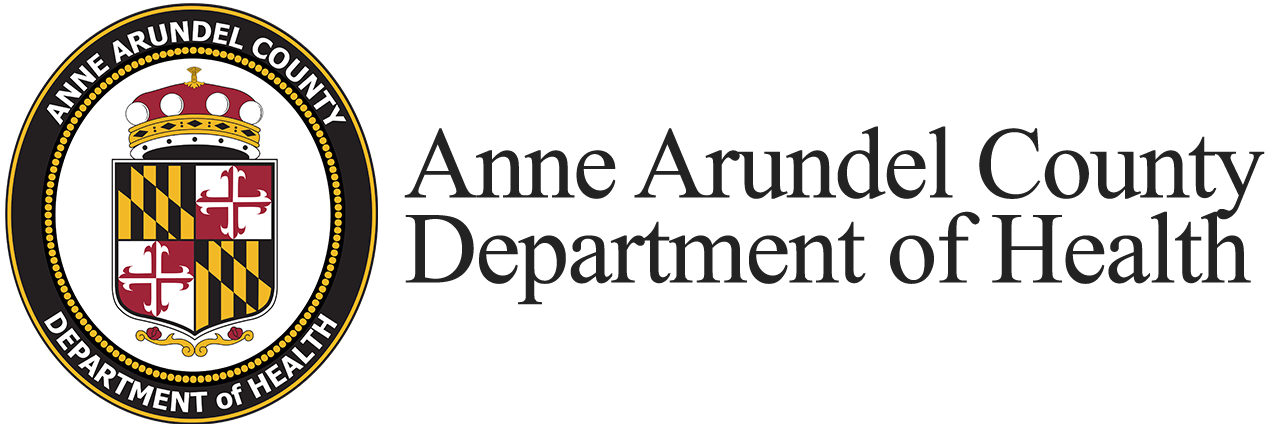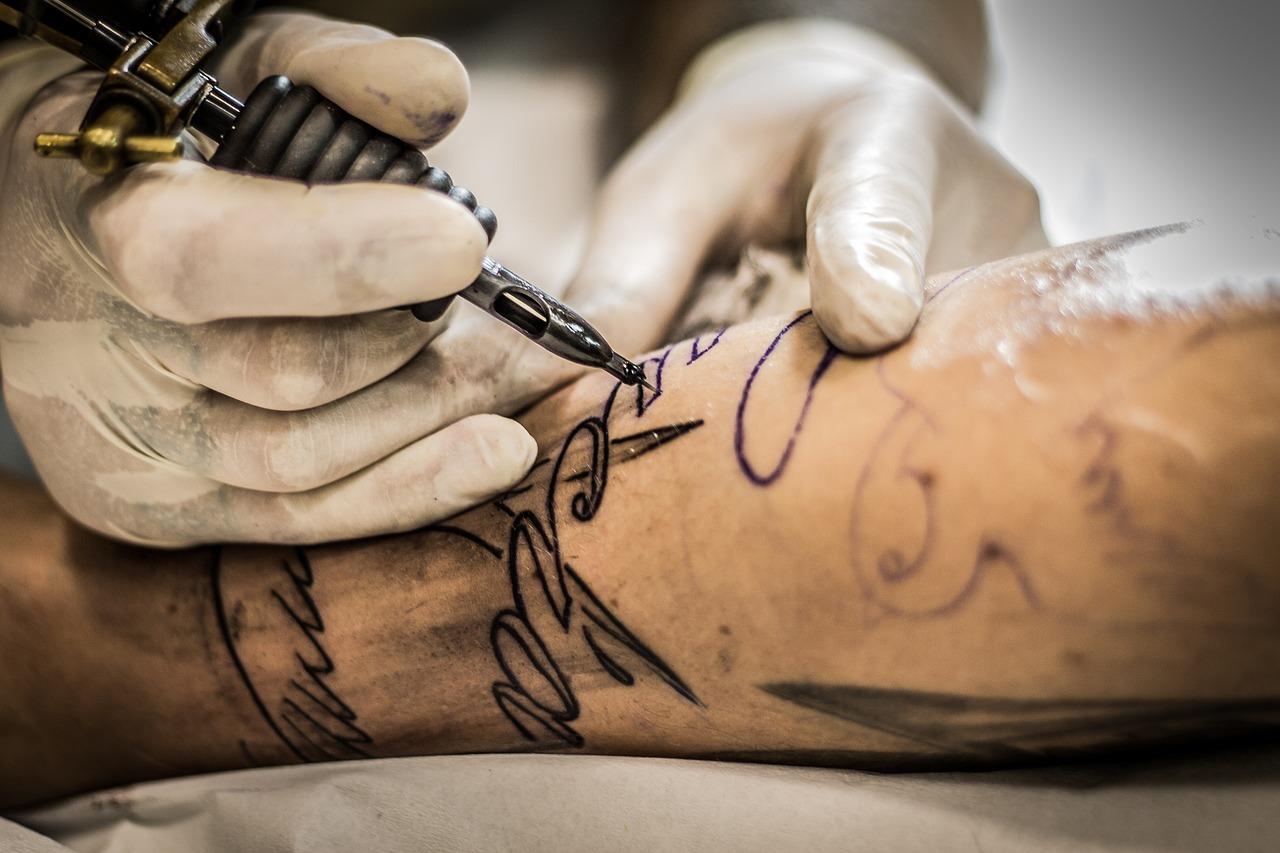Anyone who is considering a tattoo or body piercing should be aware of the risks if proper precautions and after care are not followed. These risks include: major skin, blood and bone infections; hepatitis C; and other long-term complications. Of special concern is a bacterium called methicillin-resistant Staphylococcus aureus (MRSA). This organism is difficult to treat because it is resistant to the usual antibiotics. This type of skin infection is becoming more common in the community.
The State of Maryland does not require tattoo artists or piercers to be licensed, and tattoo establishments are not routinely inspected. The Department of Health urges anyone who is considering a tattoo or piercing to ask about hygiene practices at the establishment before having the procedure.
The following notice must be prominently posted at tattooing and piercing establishments:
“Any procedure that involves penetrating the skin, such as body piercing or tattooing, carries some risks. The risks from such procedures include: pain, bleeding, swelling, infection at the site of the procedure, transmission of bloodborne infections, scarring and nerve damage.”
According to Maryland regulations, the technician should:
- Obtain written consent for the procedure. Minors must provide parental/guardian written consent.
- Properly wash his/her hands and cleanse your skin before and after the procedure.
- Use sterile instruments, equipment and bandages.
- Use proper techniques to prevent infection and wear proper gloves and protective coverings.
- Provide written instructions on how to care for the area after the procedure.
People who develop signs or symptoms of infection after tattooing or piercing, including pain, redness, swelling at the site, fever, drainage or pustules, should contact their physician for evaluation and treatment.
For information about communicable diseases, call the Department of Health’s Communicable Diseases Program at 410-222-7254.

